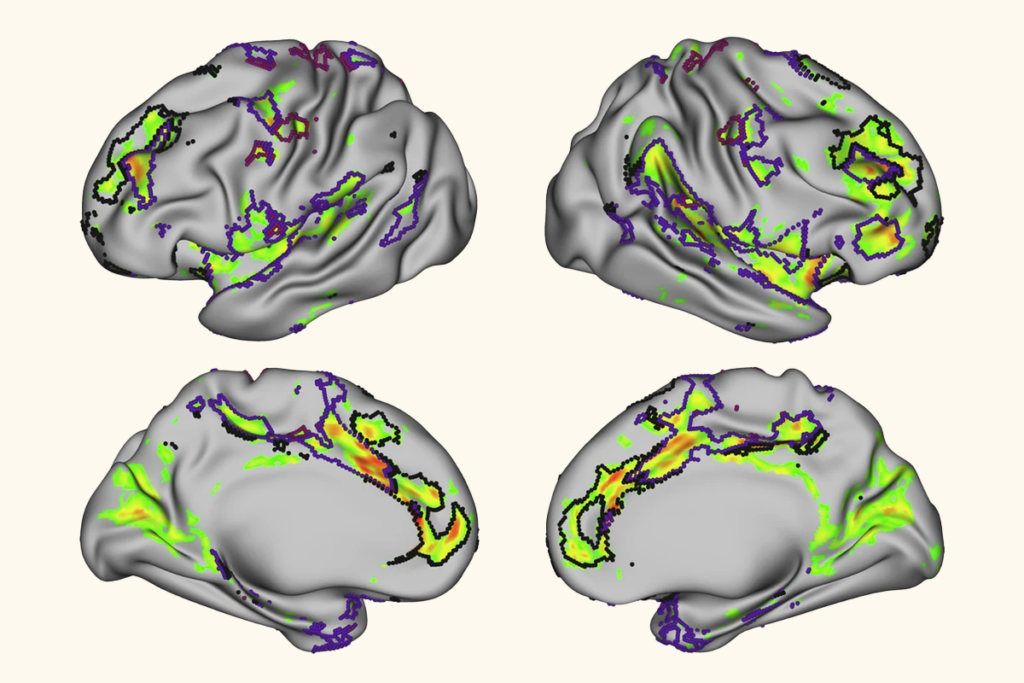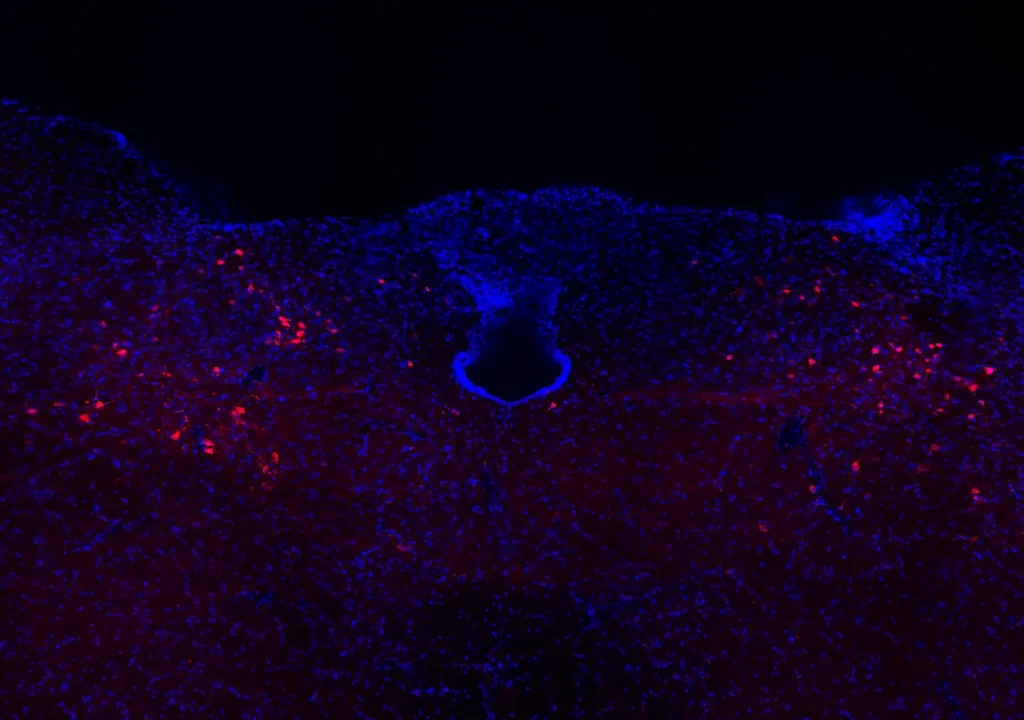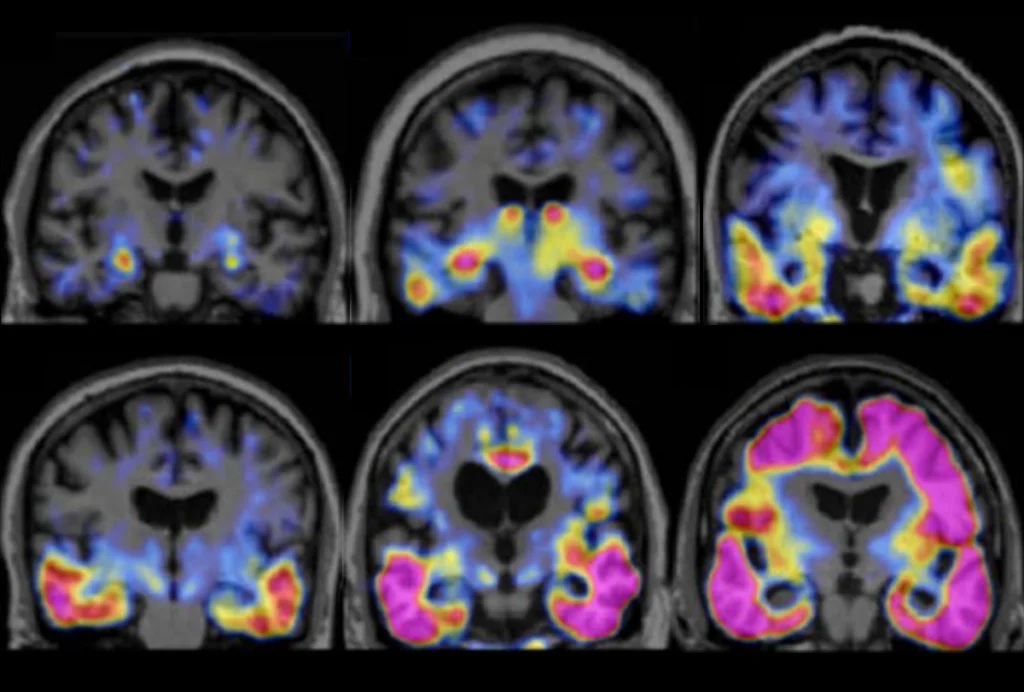Brainstem
Recent articles
‘Ancient’ brainstem structure evolved beyond basic motor control
The human red nucleus may also help coordinate action, reward and motivated behavior, a new study suggests.

‘Ancient’ brainstem structure evolved beyond basic motor control
The human red nucleus may also help coordinate action, reward and motivated behavior, a new study suggests.
Cell population in brainstem coordinates cough, new study shows
The work also adds to a growing body of evidence showing that mice, and their genetic toolbox, can be used to study cough.

Cell population in brainstem coordinates cough, new study shows
The work also adds to a growing body of evidence showing that mice, and their genetic toolbox, can be used to study cough.
Supersized version of Alzheimer’s protein avoids clumping in brain
“Big tau” may explain why some brain regions, such as the cerebellum and brainstem, are largely spared from neurodegeneration, even though tau is expressed throughout the nervous system.

Supersized version of Alzheimer’s protein avoids clumping in brain
“Big tau” may explain why some brain regions, such as the cerebellum and brainstem, are largely spared from neurodegeneration, even though tau is expressed throughout the nervous system.
Explore more from The Transmitter
Shifting neural code powers speech comprehension
Dynamic coding helps explain how the brain processes multiple features of speech—from the smallest units of sounds to full sentences—simultaneously.

Shifting neural code powers speech comprehension
Dynamic coding helps explain how the brain processes multiple features of speech—from the smallest units of sounds to full sentences—simultaneously.
Astrocytes orchestrate oxytocin’s social effects in mice
The cells amplify oxytocin—and may be responsible for sex differences in social behavior, two preprints find.

Astrocytes orchestrate oxytocin’s social effects in mice
The cells amplify oxytocin—and may be responsible for sex differences in social behavior, two preprints find.
Neuro’s ark: Spying on the secret sensory world of ticks
Carola Städele, a self-proclaimed “tick magnet,” studies the arachnids’ sensory neurobiology—in other words, how these tiny parasites zero in on their next meal.

Neuro’s ark: Spying on the secret sensory world of ticks
Carola Städele, a self-proclaimed “tick magnet,” studies the arachnids’ sensory neurobiology—in other words, how these tiny parasites zero in on their next meal.